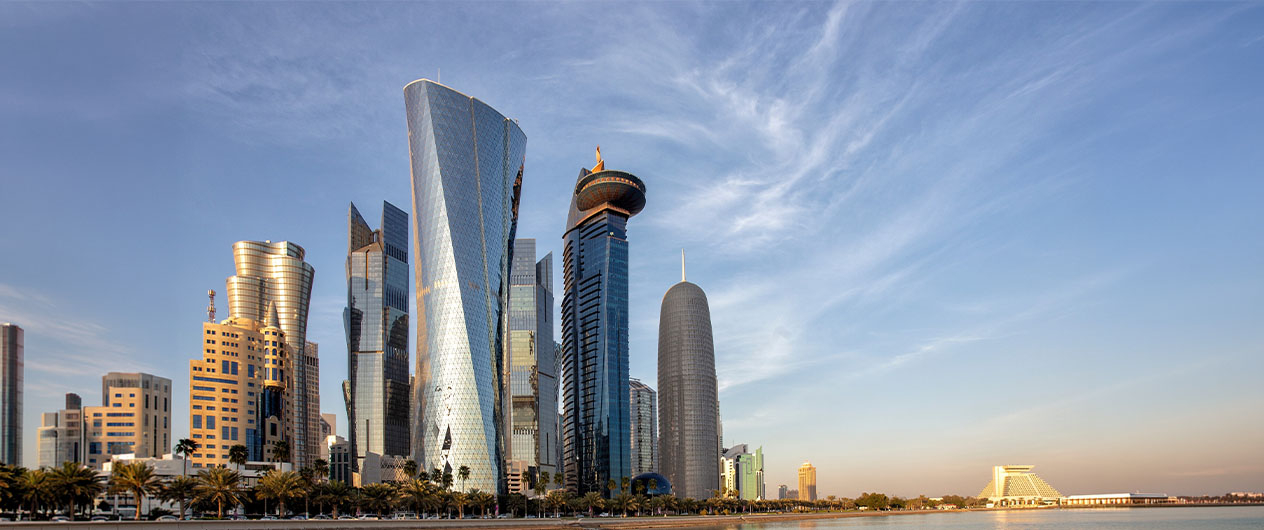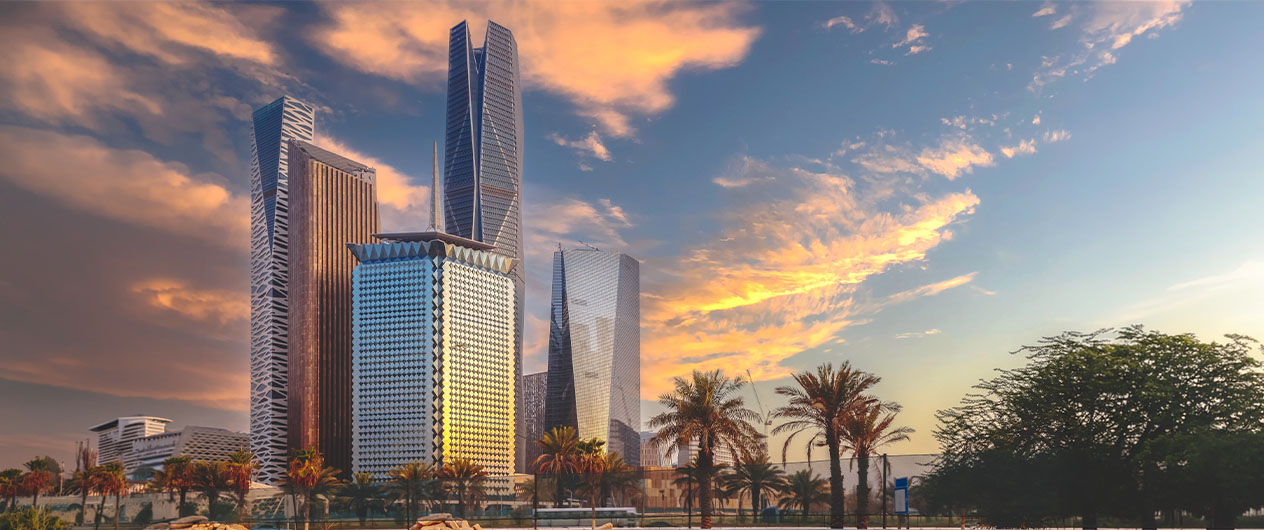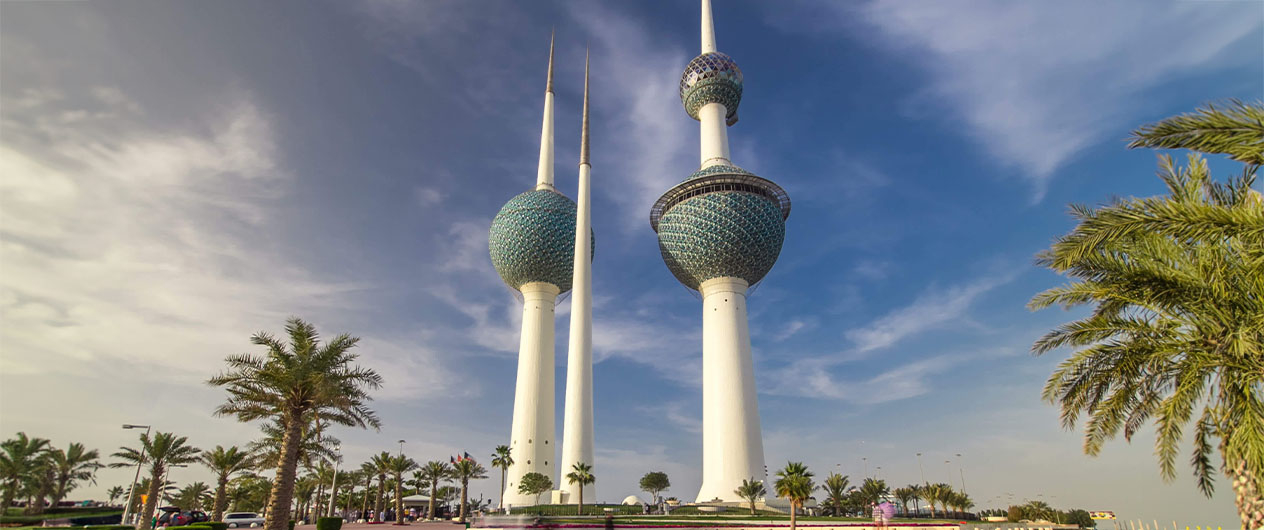Gaming Market in the Middle East - Part2: Key trends in the Middle East gaming market

Marmore Team
28 February 2018
As part of the gaming sector study in the GCC region we were able to find out some prominent trends in the GCC region that we have chronicled below. Some of the trends were not quite obvious before venturing into this blog. For example, piracy has been a primary reason behind the gaming culture in the region and even within the Middle East region there are significant differences in product distribution networks. Mobile gaming has been an important revenue generator in the region thanks to the high concentration of gaming whales in the region.
Censorship and strict rules does not diminish appeal of games
Some games were banned in the region on various grounds ranging from negative portrayal of the Middle East to usage of extreme violence. Games such as Battlefield 3, God of War, and Call of Duty 4: Modern Warfare and Grand Theft Auto (Series) have been banned but surprisingly their ban has only increased their popularity. These game titles have wide spread followers in the region despite the negative portrayal of the Middle East region, albeit in a highly fictionalized environment. The popularity of games such as Battlefield and Call of Duty 4: Modern Warfare seems to stem from their plot, which revolve around the military forces taking on the terrorists in the region. Youngsters from the region claim that the existence of such video games lends them a safe avenue for letting their frustration out on terrorists; some gamers equate this to a cathartic experience. Patchy enforcement of the ban owing to very little communication among the relevant bodies result in prohibited games being available through other channels.
The irony of piracy – Once here, now on the way out
While it might be easy to generalize the trends across the countries – the cultural, regional and economical differences have played a key role in the development of gaming culture within their borders. For example, in the UAE, malls have been the major contributor to the popularity of video games. Specialist video game parlors, hypermarkets and even bookstores boast of offering latest games and consoles to their patrons. Contrast this with Iran and Egypt, which still depend on distributor, wholesaler and retailer model. The differences however has not diminished the popularity of gaming culture; for instance, Iran boasts of 25 Mn online gamers among which 2.5Mn are expert gamers. Unfortunately, piracy still dominates in the PC games market in the country and the only way to make money from Iran is through sale of gaming consoles, accessories and other gaming hardware.
Despite its negative effects, piracy has played a big role in gaming becoming a favorite activity in the region. While solid number are difficult to come by, estimates point out that over 99% of the games for PS2 were pirated in the region. The problem of piracy was exacerbated by the lack of unified and global release dates, which also encouraged the grey market. CDs and DVDs of games were imported from the US and the Europe and were sold in the Middle East market at a premium price.
Piracy has died down recently due to three factors – distributors and sellers in the region have made conscious efforts to curb piracy, harder to pirate games on consoles such as Sony’s PS4 and the growth of mobile gaming. However, piracy’s role in popularizing the gaming culture in the region cannot be understated.
In recent times, there has been a visible shift towards mobile games and this is rapidly eating into the share of gaming consoles. An advantage that mobile games have over the consoles is the ability to monetize the usage in a more efficient manner through micro transactions. Mobile games usually use the freemium approach, a user has a waiting period when he crosses a particular level, and the user can either pay a small fee to play the next level immediately or wait for the cool off period to continue the next level. Micro transactions have been the order of the day, the basic game is provided for free but people have to spend more on getting sophisticated weaponry, level up quickly, boost their damage recovery etc. These games also come from controlled channels such as the Google Play Store or Apple’s App store, which are harder to pirate, as game servers are quick to recognize such attempts, and blocks them. Game developers also feel that selling the games as a piecemeal instead of a whole package bring constant stream of revenues.
Game development initiatives- from obscurity to mainstream
The development of gaming convention in the region points to some an important change in the region – Gaming industry is now being increasingly seen as a viable career instead of a favorite past time. Jordan’s Game Zanga holds contest for developing games within affixed time on an agreed theme, the prizes for these events range from cash prizes to lucrative contracts for game development. Over 300 developers in its recent iteration have attended this event organized by game development studio GameTako and over 50 games are created each year.
In addition to these events and convention, governments and private initiatives in the region are promoting the industry. The Saudi National Creative Initiative hosts an application and gaming week that aims at teaching design theories and how to transform an idea from concept to a complete live project. Turkey has a StartersHUB that organizes gaming convention each year in Istanbul. In Beirut, Arab Arcade organizes regular gaming sessions for gamers, developers, designers, artists to create new games within a certain period similar to Game Zanga.
Localization is starting to gain traction
The massively multiplier online (MMO) games were the first to embrace localization in the form of translating English text to Arabic. However, success of the first game MMO game, Travian came with heavy cost of increased advertisement spending. Sony was the first major developer to release “This is Football“ in Arabic for the PS2 platform. For some years, Sony was the only console producer with Arabic content. Despite the initial reluctance and the difficulties that they experienced in the region, global studios such as Valve and Ubisoft have invested handsomely in the region. Valve activated dedicated Middle Eastern servers live for games such as Dota 2, team Fortress 2 and Counter Strike: Global Offensive in 2014. Ubisoft has a game development center in the region and works closely with Tadreeb, the training arm of the Abu Dhabi government media company twofour54 providing training course in gaming. The growth of mobile games were a key reason behind the entry to Ubisoft into the market. Activision Blizzard another large game developer have made tried entering the Middle East market through a series of acquisitions by buying well-managed and profitable local companies.
One example of the locally developed game is Unearthed: Trail of Ibn Battuta, a multi-platform game that allows the players to retrace the steps of legendary Arab explorer in a contemporary setting. Another example of local content that has witnessed great levels of success is from Lebanese developer Game Cooks who have two hits – Birdy Nam Nam (1.7 Mn downloads) and Run for Peace (1.6Mn downloads).
Two broad trends are emerging when it comes to localization in the region – the international game developers will look into translating their international releases into Arabic, FIFA released a version in Arabic featuring local Arabic soccer stars. Another major trend is the emergence of regional developers who are expected to come out with more contents for the local region. Jordan’s Maysalward, Lebanon’s Wixel Studios are good examples of regional developers who on few occasions have tasted success internationally as well.
Smartphone adoption has been a major force behind the increasing gaming revenues
Saudi Arabia and the UAE are increasingly important for the game developers of the world; youthful demography of the region is only partially responsible for it. The appeal for major gaming studios is the spending power that this younger generation possess. Cash-rich governments, ample social benefits and zero personal income tax results in higher disposable income, which these people can spend on areas of their liking. With other entertainment options limited in these countries, mobile game developers are capitalizing on this.
This strategy seems to be paying off so far. Saudi Arabia has a population of 30Mn, but that population generates approximately USD 350 million per year in revenues for mobile games. Most of that comes from a class of mega spending men and women (commonly called “whales”) that do not care if a game is localized as long as it’s trendy. To summarize the magnitude of the spending – A whopping 42 percent of total Saudi gamers pay for in-app purchases. Two-thirds pay less than $10 per month, which is what most other markets also witness, but there stops the similarity. The rest of gaming distribution is where most of the revenues comes from. Among them 22 percent pay $10 to $50 and 11 percent pay $50 to $100 per month. The second most valuable category among them roughly make up four percent pay $100 to $500. The most valuable category of gamers form one percent pay up to $1000 per month and are fondly called “Killer Whales” by the game developers.
MENA (Middle East and North Africa) region surprisingly has turned into an important market for global game developers, publishers and distributors. However, despite all the prospects there are teething challenges that remain and that needs to be addressed.




